INTERNATIONAL remittances have surpassed foreign direct investment in many low- and middle-income countries, a new report revealed.
The World Migration Report 2024 by the International Organization for Migration (IOM) released on Tuesday (7) showed significant shifts in global migration patterns, including a record number of displaced people and a major increase in international remittances.
According to the report, migrants sent an estimated $831 billion (£662bn) in international remittances globally in 2022, an increase from $791bn in 2021 and significantly more than $717bn in 2020.
In 2022, India, Mexico, China, the Philippines, and France were the top five remittance recipient countries, in descending order. India stood out significantly, receiving over $111bn, making it the first country to surpass the $100bn mark.
In 2022, Mexico maintained its position as the second-largest recipient of remittances, a rank it also held in 2021, having surpassed China, which historically held the second spot after India. Additionally, G7 nations France and Germany continued to be among the top 10 recipient countries worldwide in 2022.
Alongside its status as a leading recipient, China has also served as a notable contributor to international remittances, reporting $18.26bn in 2022. However, this marks a decrease from $23bn in 2021.
Over the years, the US has consistently held the title of the world's largest sender of remittances, with a total outflow of $79.15bn in 2022. Saudi Arabia holds the second position ($39.35bn) followed by Switzerland ($31.91bn), and Germany ($25.60bn).
The United Arab Emirates typically ranks among the top 10 sending countries globally, but its data were not included in the June 2022 World Bank data release.
"Global remittances have bounced back from the decline experienced in 2020 amidst the Covid-19 pandemic. Similar to prior years, low- and middle-income nations saw significant inflows of remittances, rising by eight per cent from $599bn in 2021 to $647bn in 2022," the report said.
"Since the mid-1990s, international remittances have greatly surpassed official development assistance levels defined as government aid designed to promote the economic development and welfare of developing countries"
The report noted, "Heavy reliance on remittances can cultivate a culture of dependency in the receiving country, potentially lowering labour force participation and slowing economic growth. Too much dependence on remittances also makes an economy more vulnerable to sudden changes in remittance receipts or exchange rate fluctuations."
The top five remittance-receiving countries by share of GDP in 2022 were Tajikistan (51 per cent) followed by Tonga (44 per cent), Lebanon (36 per cent), Samoa (34 per cent) and Kyrgyztan (31 per cent).
The report disclosed that Europe is home to approximately 87 million international migrants, marking a nearly 16 per cent rise since 2015.
Germany holds the highest number of refugees in Europe, with approximately two million individuals, constituting 7 per cent of the global refugee population.
By the end of 2022, the majority of refugees in Germany originated from Ukraine and the Syrian Arab Republic. The Russian Federation, Poland, and France hosted the second, third, and fourth largest refugee populations in the region.
The IOM also voiced concern about certain provisions within the Illegal Migration Bill in the UK, suggesting they could hinder survivors from reporting trafficking and seeking help. This could potentially worsen victims' vulnerability, empower traffickers, and increase the likelihood of continued exploitation.


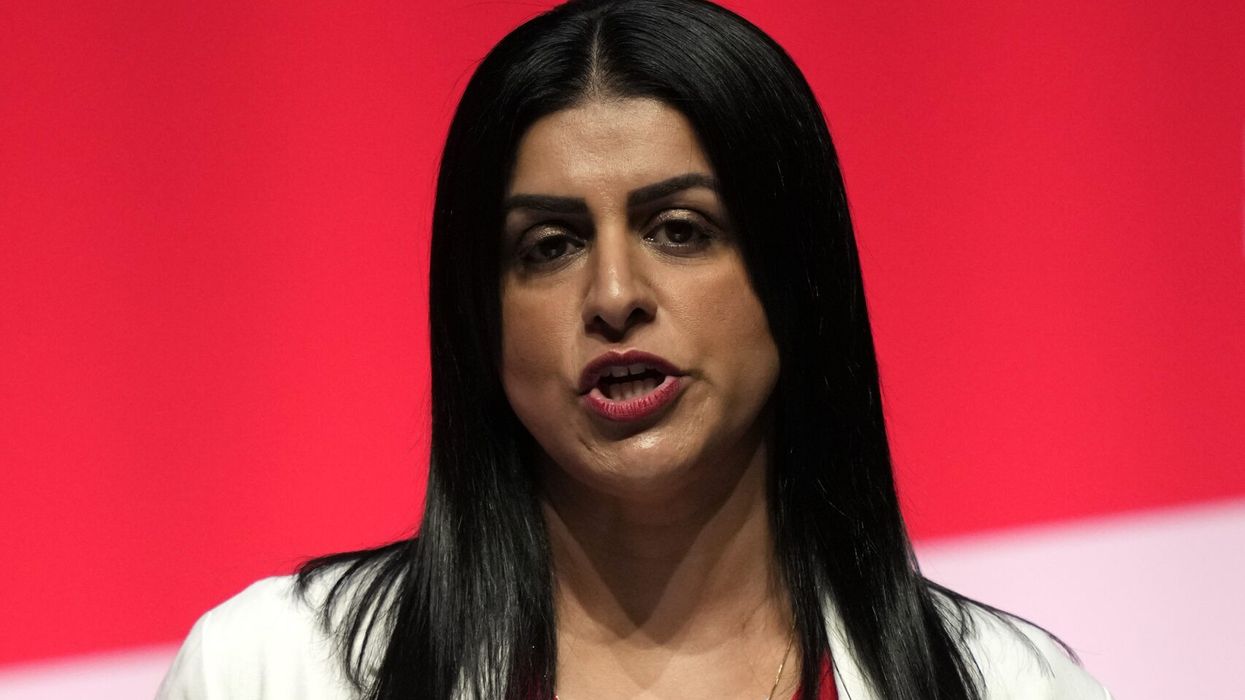

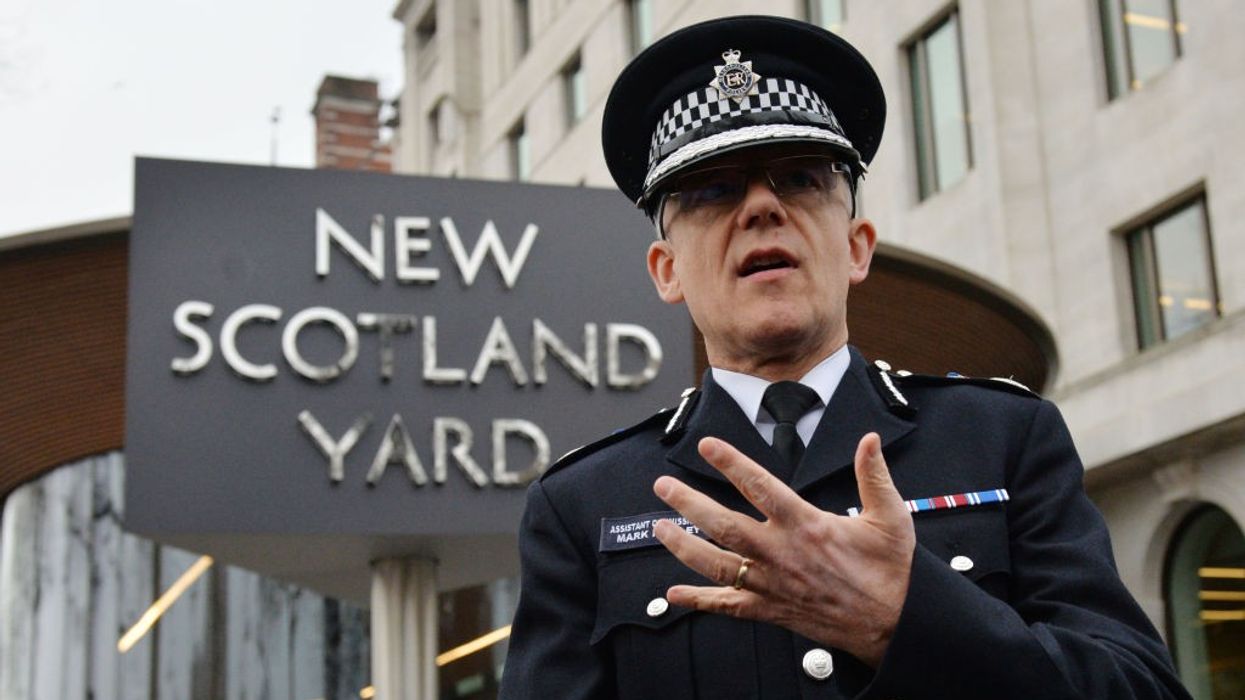

 James McAvoy punched during night out in Toronto and reacts calmly while promoting directorial debut Instagram/jamesmcavoyrealdeal
James McAvoy punched during night out in Toronto and reacts calmly while promoting directorial debut Instagram/jamesmcavoyrealdeal  Scottish actor James McAvoy unexpectedly attacked at Toronto bar as he handles incident with surprising humour
Scottish actor James McAvoy unexpectedly attacked at Toronto bar as he handles incident with surprising humour 
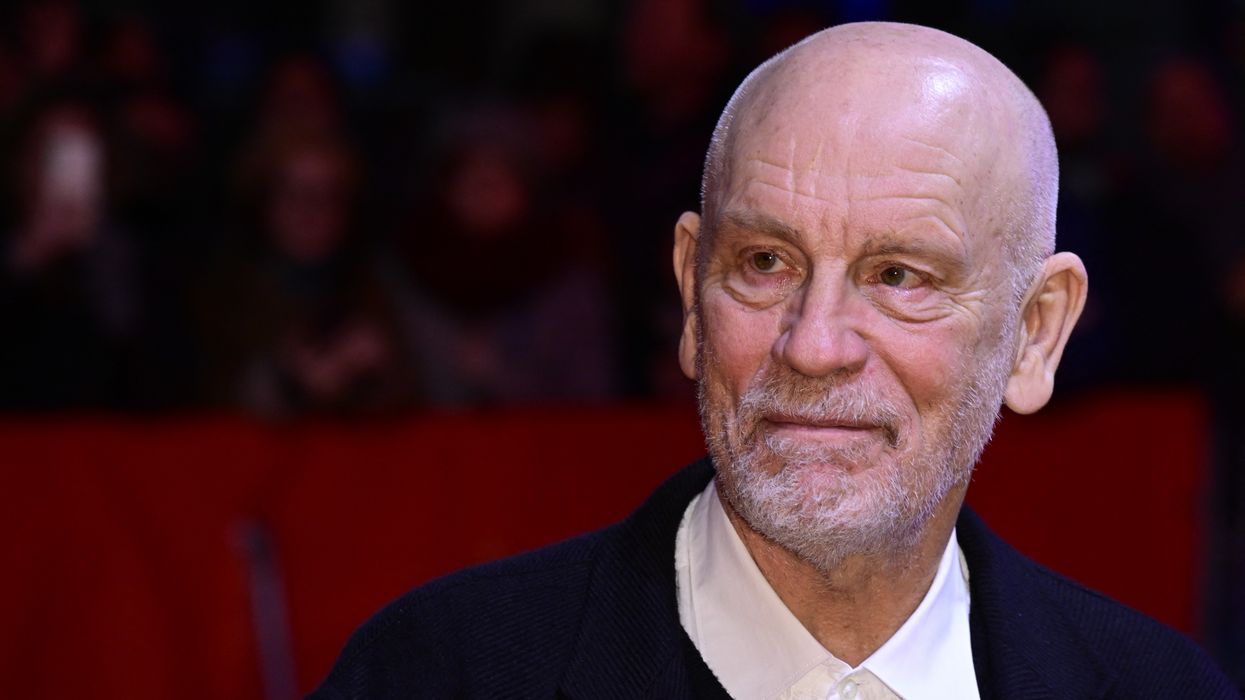


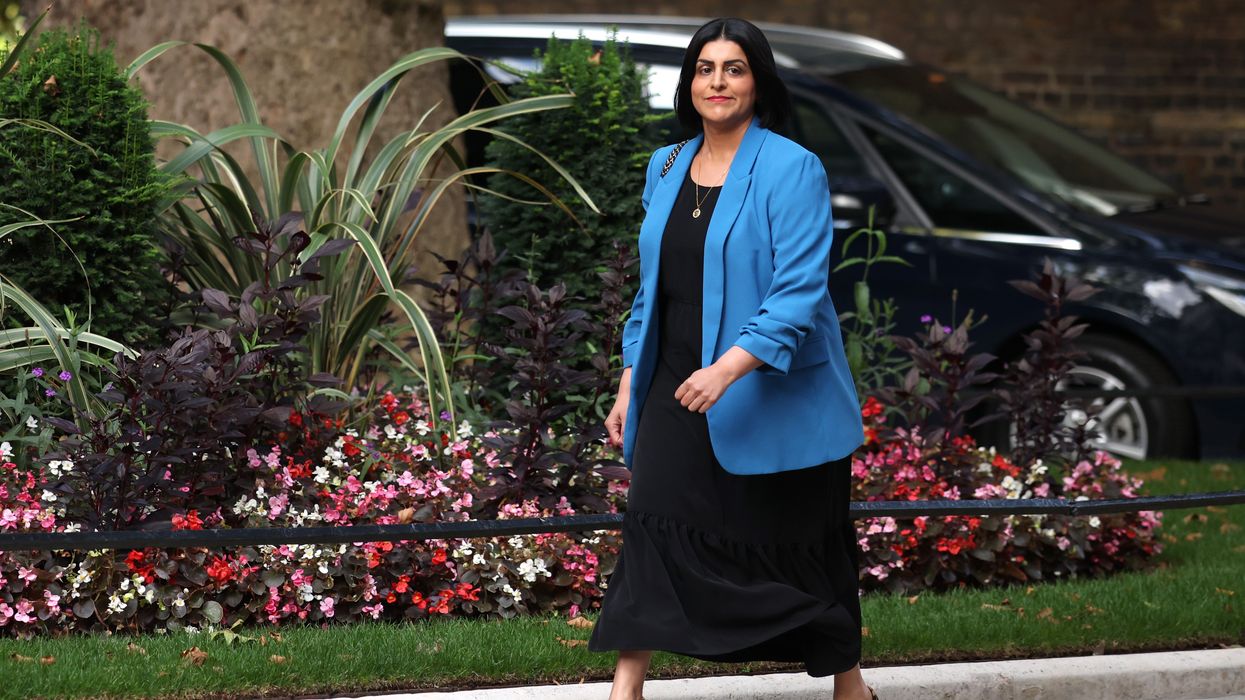




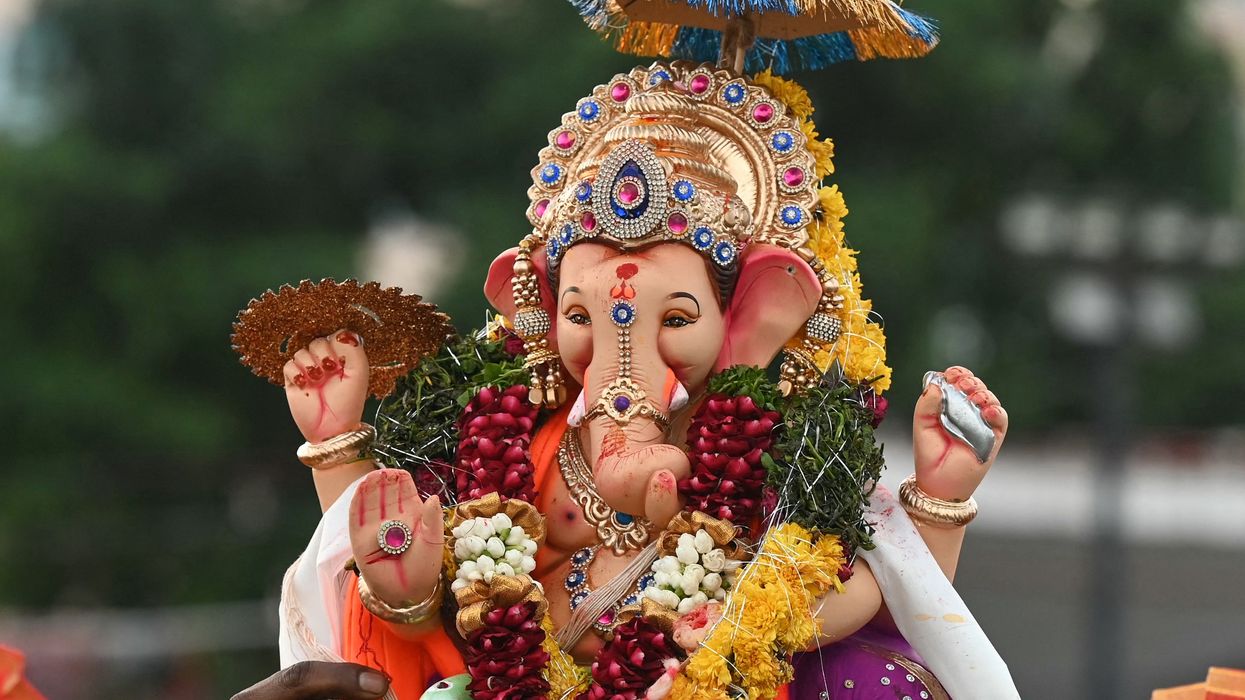

 Nina Dobrev juggled dual roles on Vampire Diaries while fighting for fair pay behind the scenes Getty Images
Nina Dobrev juggled dual roles on Vampire Diaries while fighting for fair pay behind the scenes Getty Images  Actress opens up about studio refusing equal pay to match Ian Somerhalder and Paul WesleyGetty Images
Actress opens up about studio refusing equal pay to match Ian Somerhalder and Paul WesleyGetty Images Nina Dobrev returned for the series finale after insisting on pay parity for one episodeGetty Images
Nina Dobrev returned for the series finale after insisting on pay parity for one episodeGetty Images During Vampire Diaries, Nina Dobrev had to memorise double lines and endure eighteen-hour shoot daysGetty Images
During Vampire Diaries, Nina Dobrev had to memorise double lines and endure eighteen-hour shoot daysGetty Images  Nina Dobrev reveals 'Vampire Diaries' studio denied equal pay while she played multiple rolesGetty Images
Nina Dobrev reveals 'Vampire Diaries' studio denied equal pay while she played multiple rolesGetty Images 

